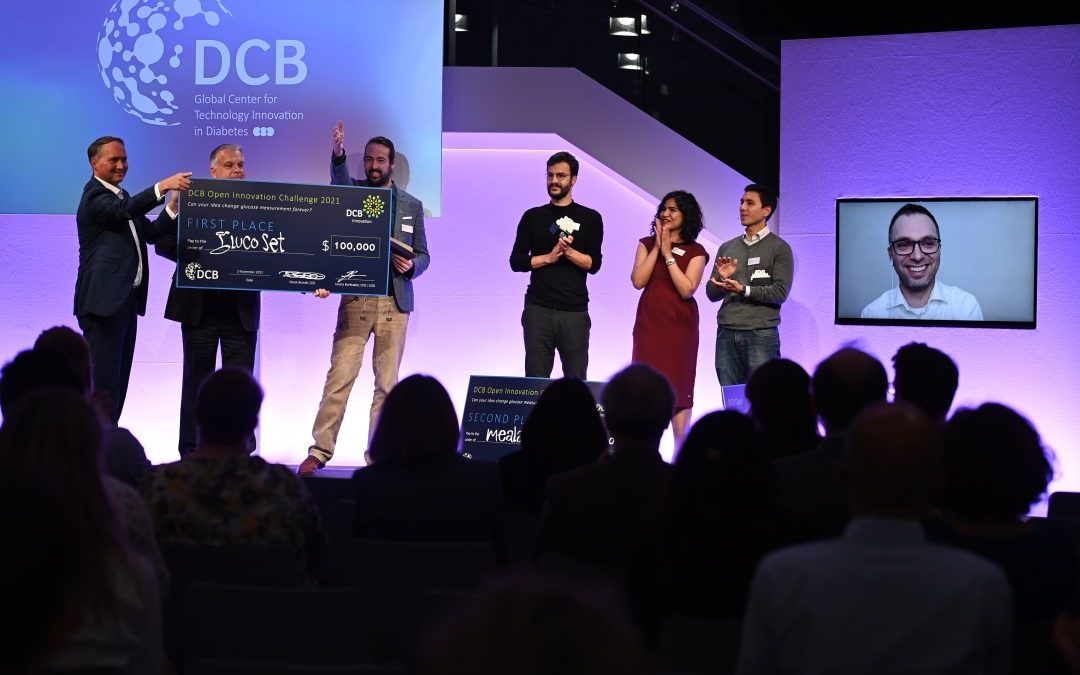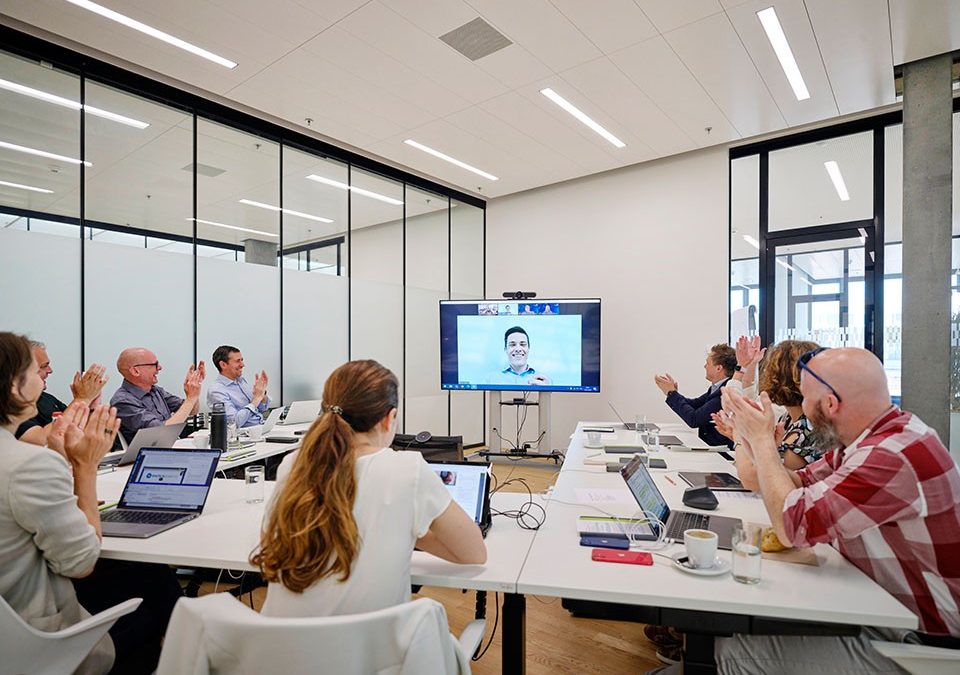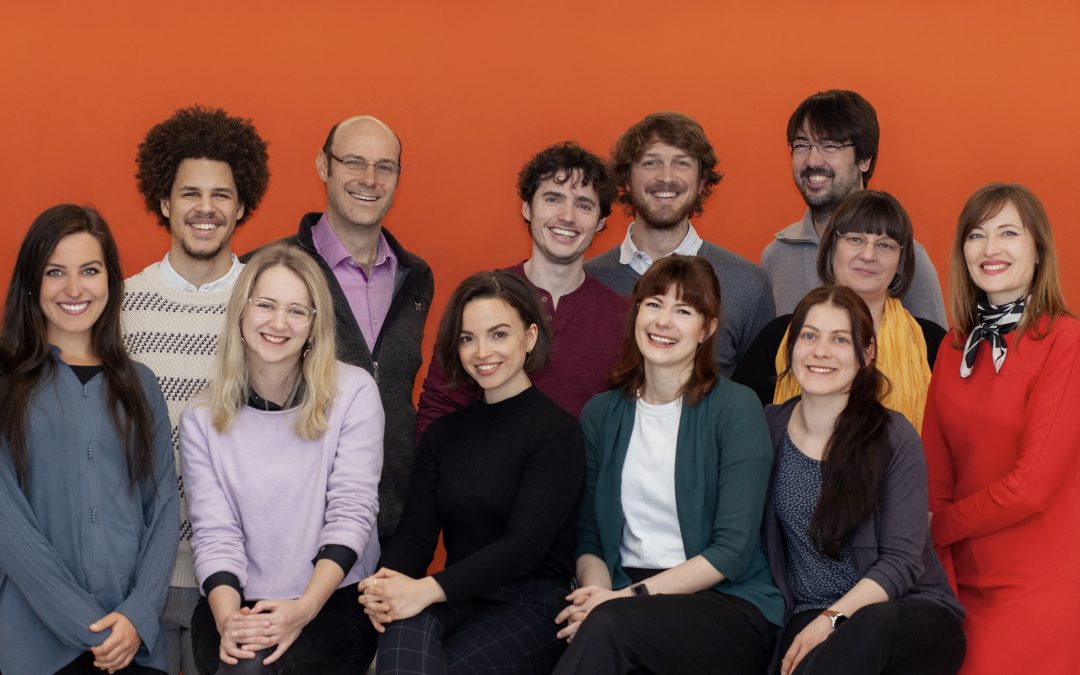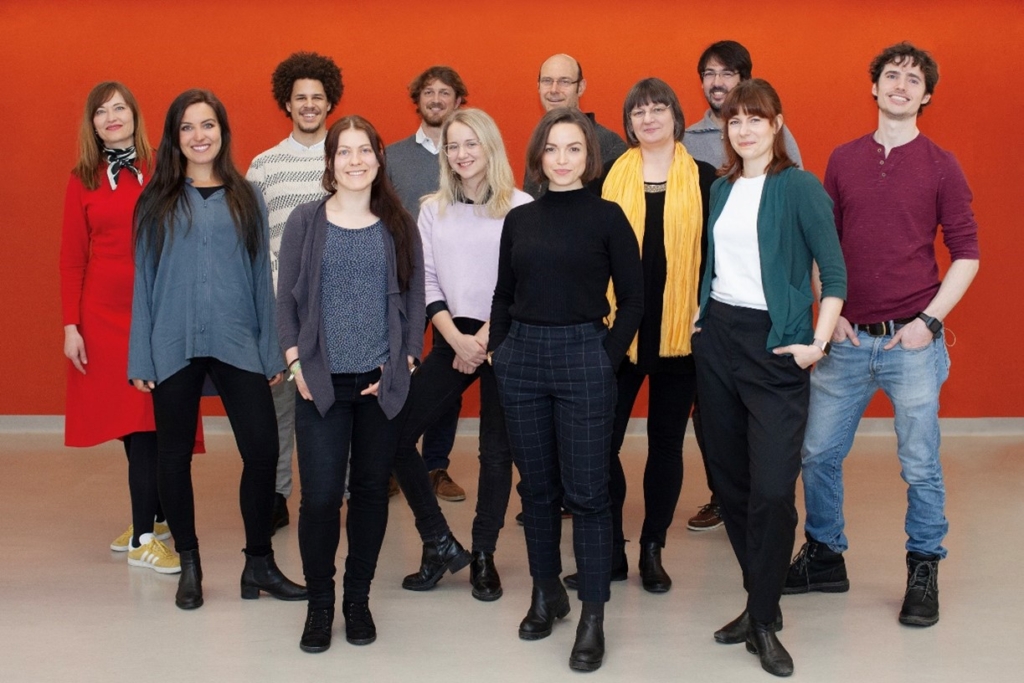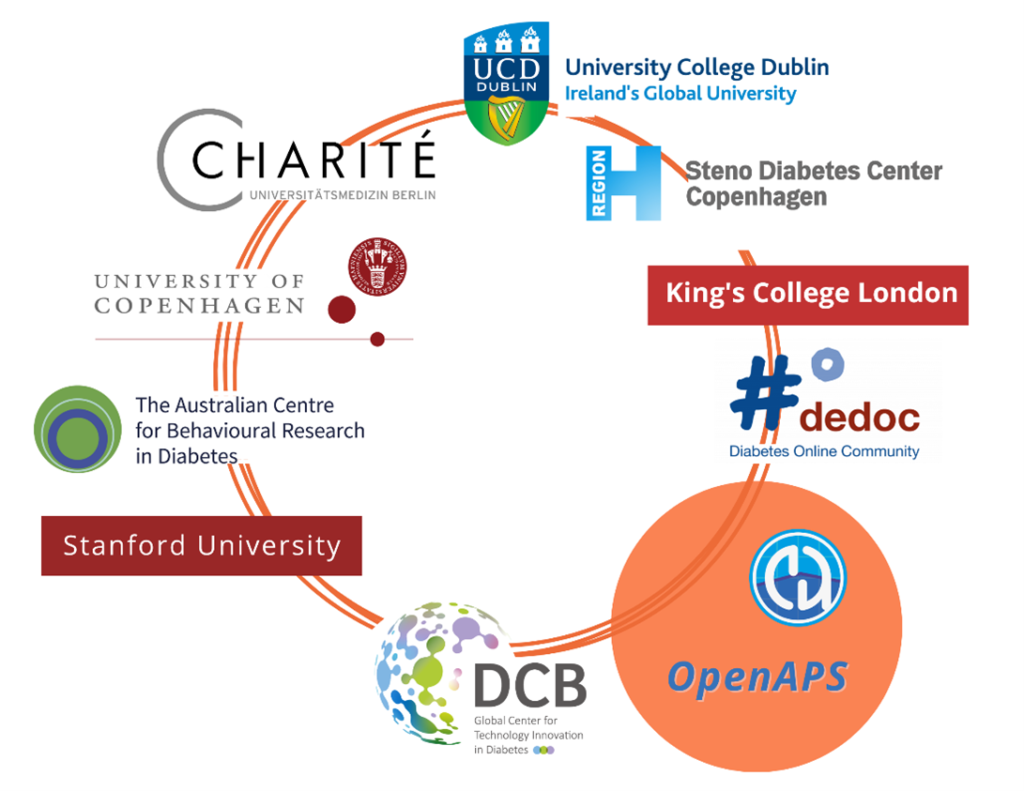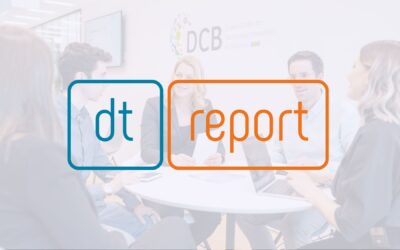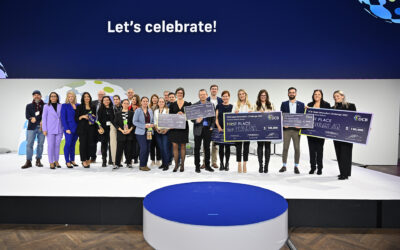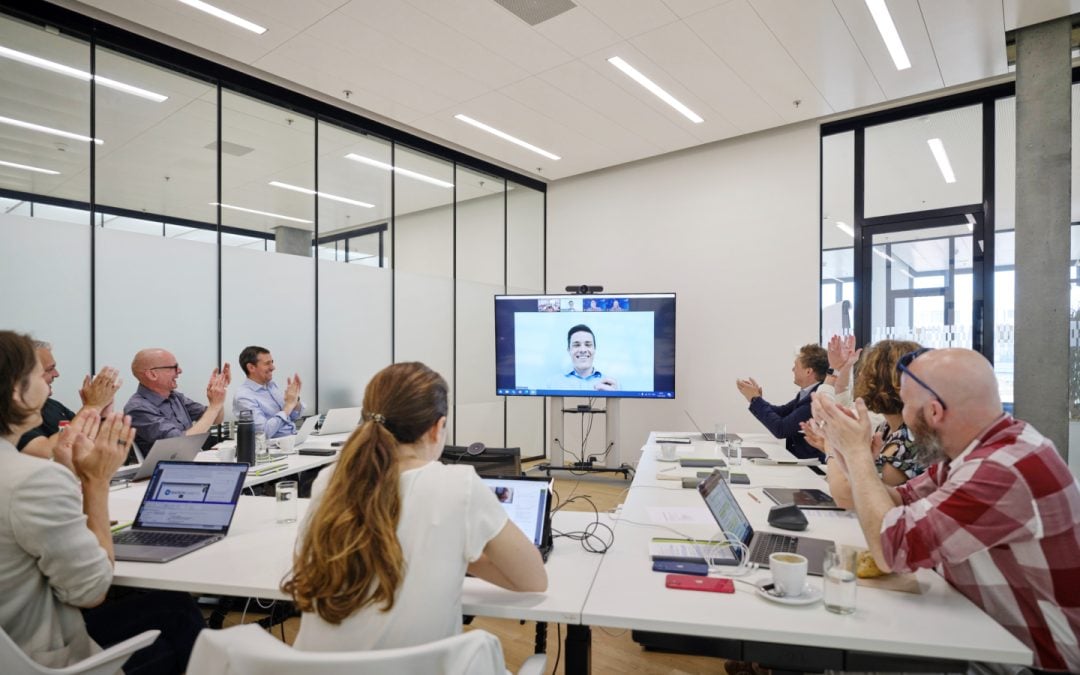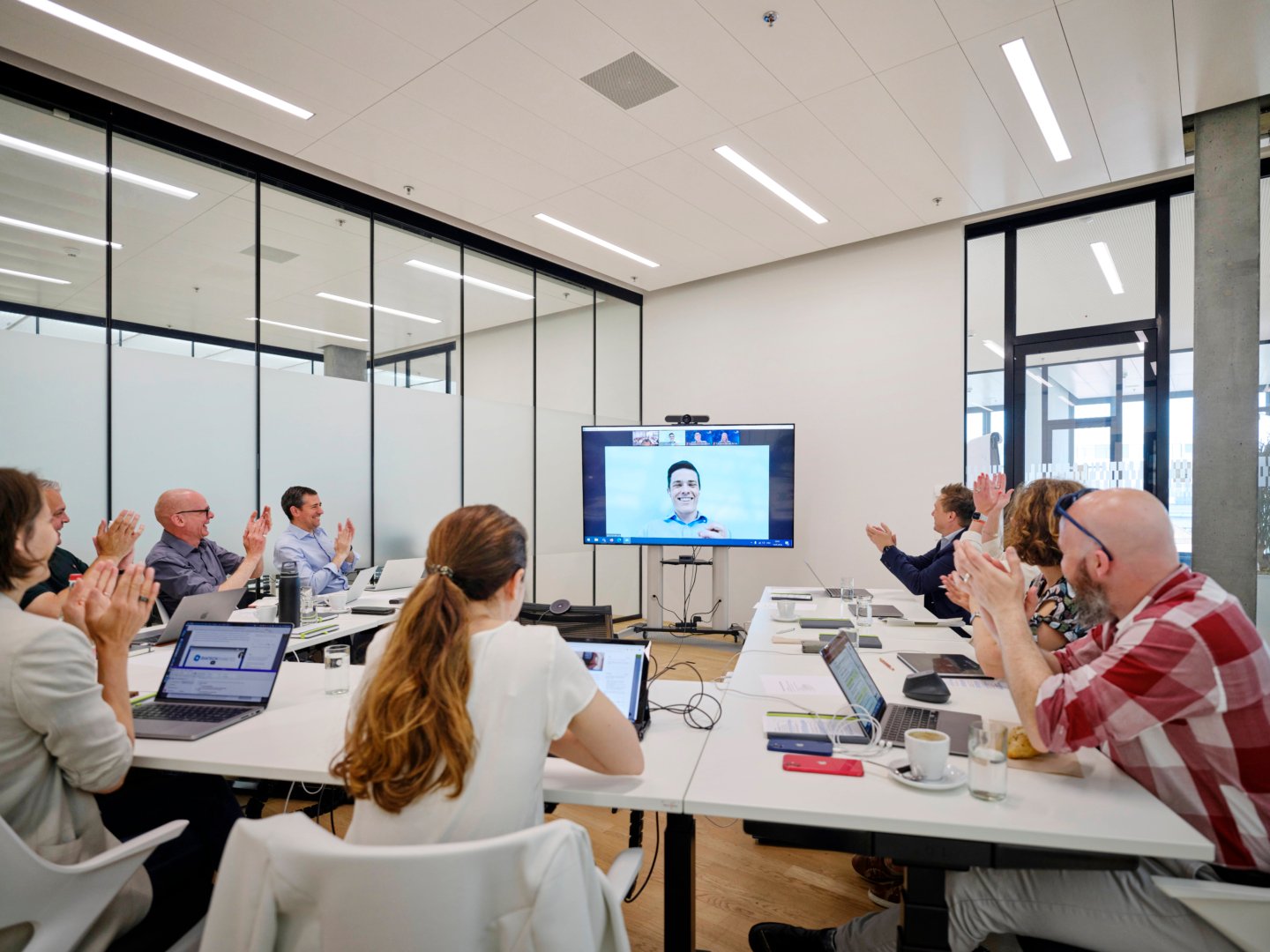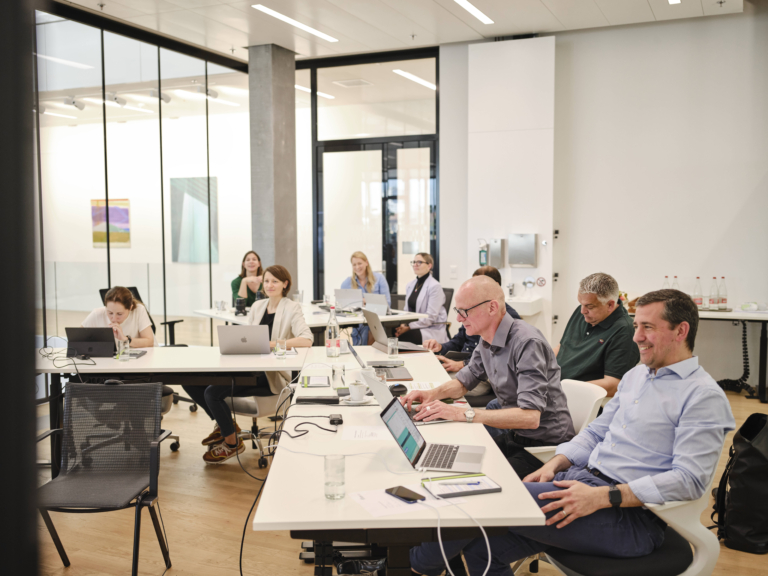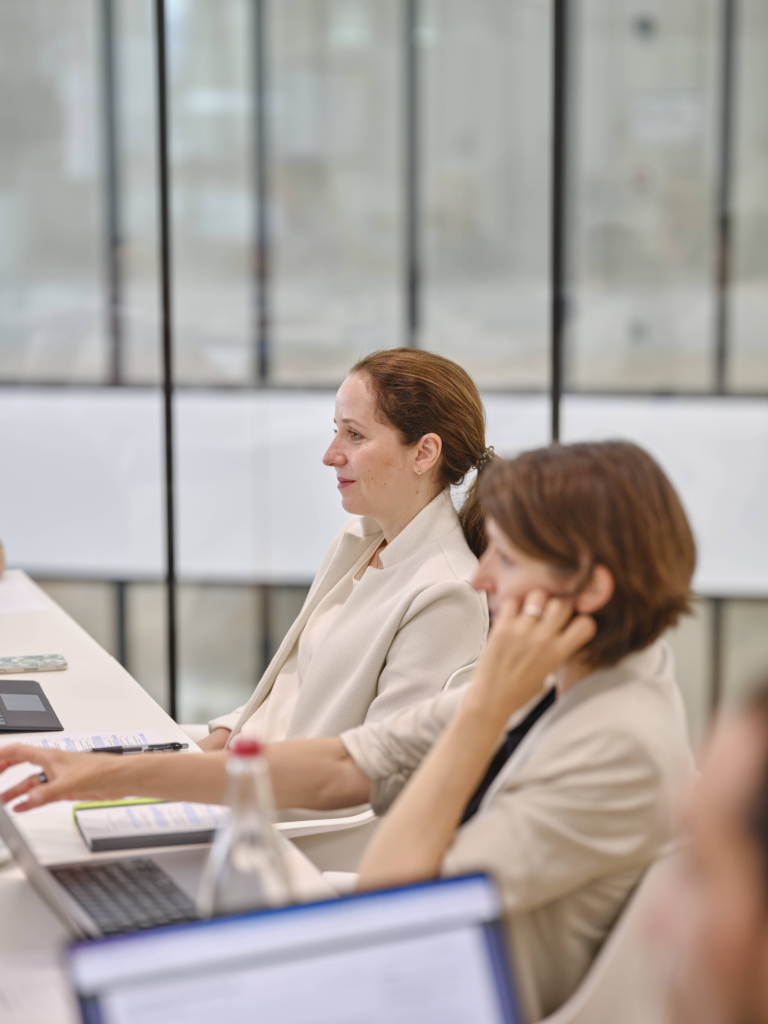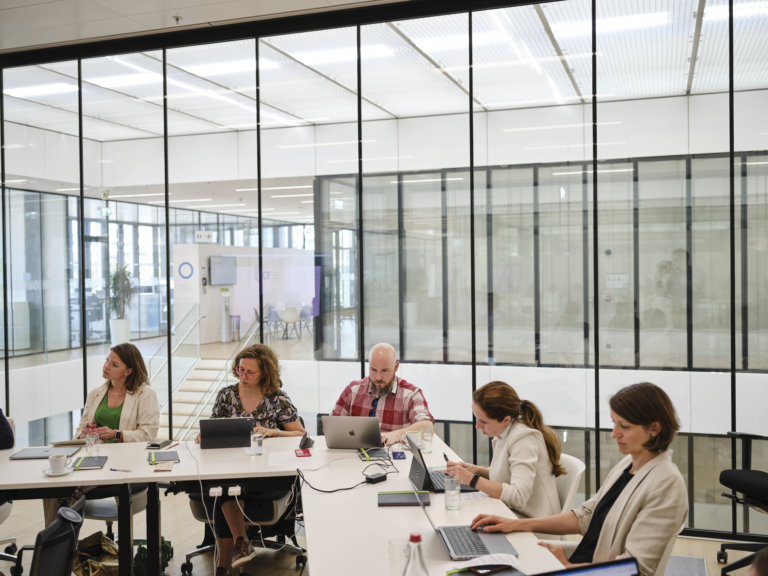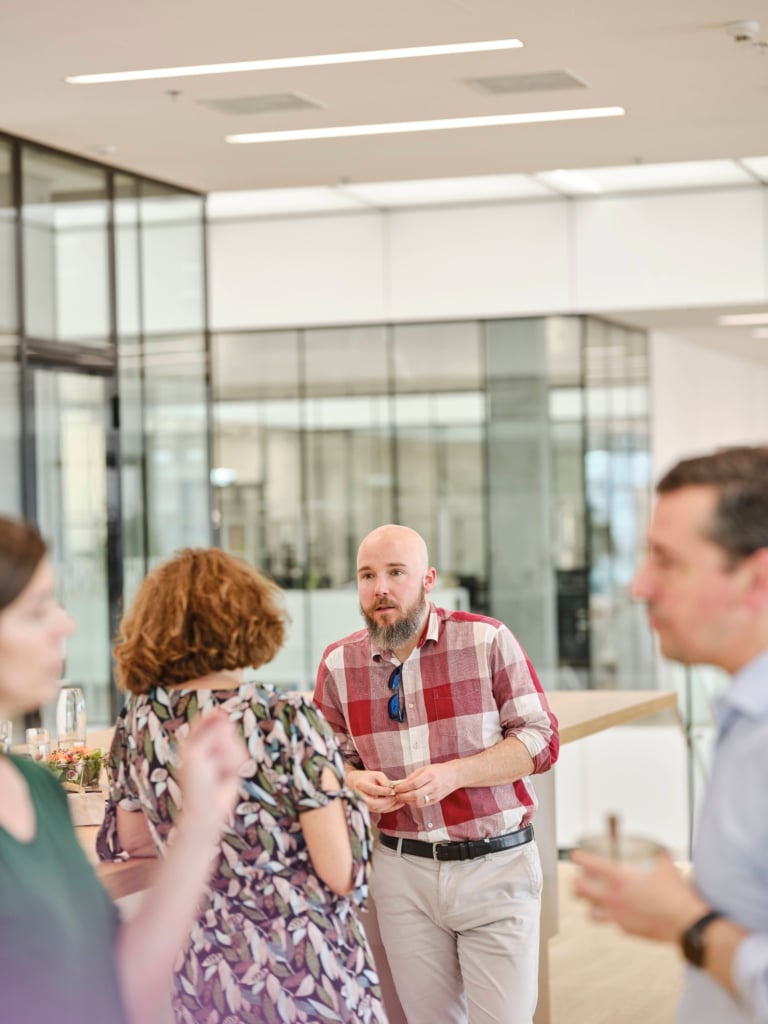Dear Community, We gladly present to you the next episode of our series “DID YOU KNOW” where we publish medical facts...
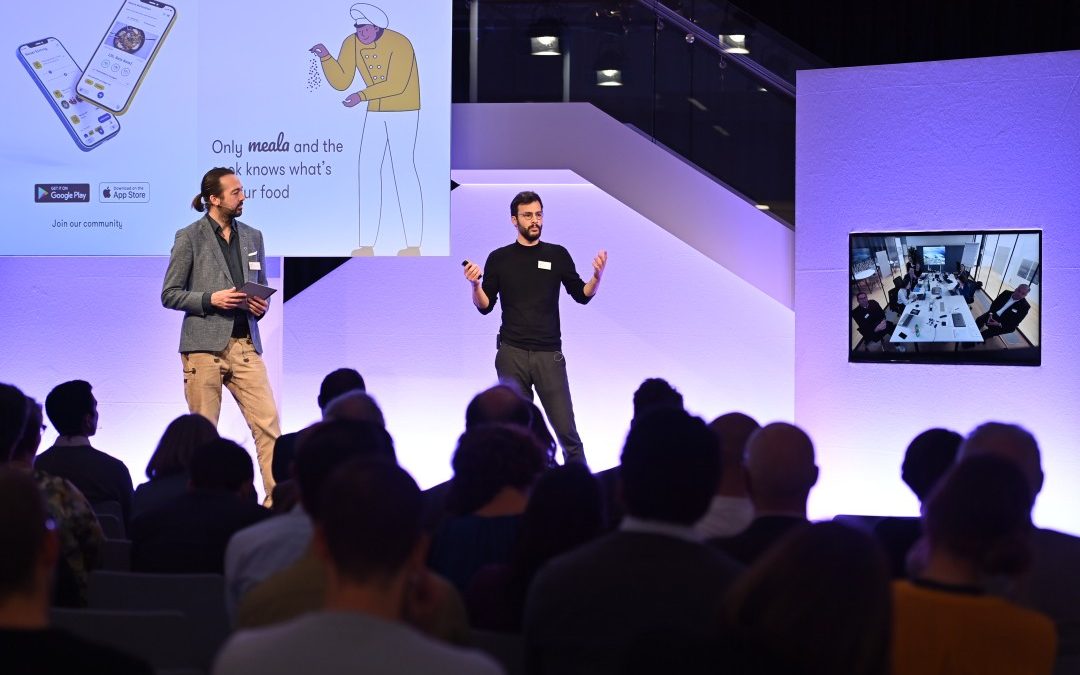
DCB Newsletter #10: Looking back – what happened to the 2nd place of the DCB Open Innovation Challenge 2021?
DCB Newsletter #10: Looking back – what happened to the 2nd place of the DCB Open Innovation Challenge 2021?
To be a winner at the DCB Open Innovation Challenge means receiving a massive forward push, in terms of budget and in-kind support. But what happens after enjoying the successful moment? We wanted to know and that’s why we’ve created this new series within our newsletter. This time with Kevin Nils Röhl (CEO) and Svea Krutisch (Project Communications Manager) from meala. Enjoy the read!

How are things going with you & meala at the moment, what is the status / what are you currently working on?
meala: Things are very busy at the moment, but going great! meala’s been a proper company since this summer and our CEO Kevin Nils Röhl just got back from San Francisco, where he had the opportunity to present our new app concept at the DiabetesMine Innovation Days. We’ve broadened the scope of meala to include the possibility of conducting research. The first research project was called „Pizza Challenge“ which we successfully finished in collaboration with DCB and Dexcom earlier this year. We’re currently evaluating the results from the Pizza Challenge, but it’s still possible to contribute to the project by using the meala app.
What has happened since the Challenge / how did the Challenge support you?
meala: So many things have happened and we received such great support from DCB – throughout the Innovation Challenge and beyond. By participating in the DCB Innovation Challenge, we gathered insightful knowledge about pitching during the training with Patrick Rohr and start-up development in our 1:1 sessions with experts like Derek Brandt and Valentin Christian Splett. The award ceremony with so many people from the diabetes community is a memory we will cherish for a long time. Since then, with the continuing support of DCB, we have been able to expand the team at meala and we have established collaborations with patients organizations like diabetesDE and Blickwinkel Diabetes.
What is to come in the upcoming months?
meala: We will be publishing the results of the Pizza Challenge on international conferences throughout the next year! The great feedback from our community motivates us to work towards bridging the gap between patients and research and helping to establish more studies for people with diabetes in real-life settings. We want to emphasize the importance of peer support and experiential expertise for self-management and we’re already working on the next study called “Cookie Challenge”. That new research project is all about insulin-to-carb ratio, including community events and publications. If you’re interested in collaborating, don’t hesitate to contact us at mail@heymeala.com.
Thanks so much for reading and we’ll provide you with the next episode of this series soon!
Dieser Beitrag wurde zuerst als Newsletter auf LinkedIn publiziert. Klicke hier um den Artikel auf LinkedIn zu lesen.
Neuigkeiten
DCB Newsletter #5/23: DID YOU KNOW… what happens when blood glucose rises rapidly?
DCB Newsletter #4/23: INSIDE DCB – Interview with Prof. Lilian Witthauer
Dear Community, We’re thrilled to present you with the next episode or our series "INSIDE DCB" - this time, an...
DCB Newsletter #3/23: DID YOU KNOW… the risk factors for women’s health in diabetes?
Dear Community, We’re thrilled to present you with the next episode of our series “DID YOU KNOW” where we present...


DCB Research AG
Freiburgstrasse 3
3010 Bern
Switzerland

